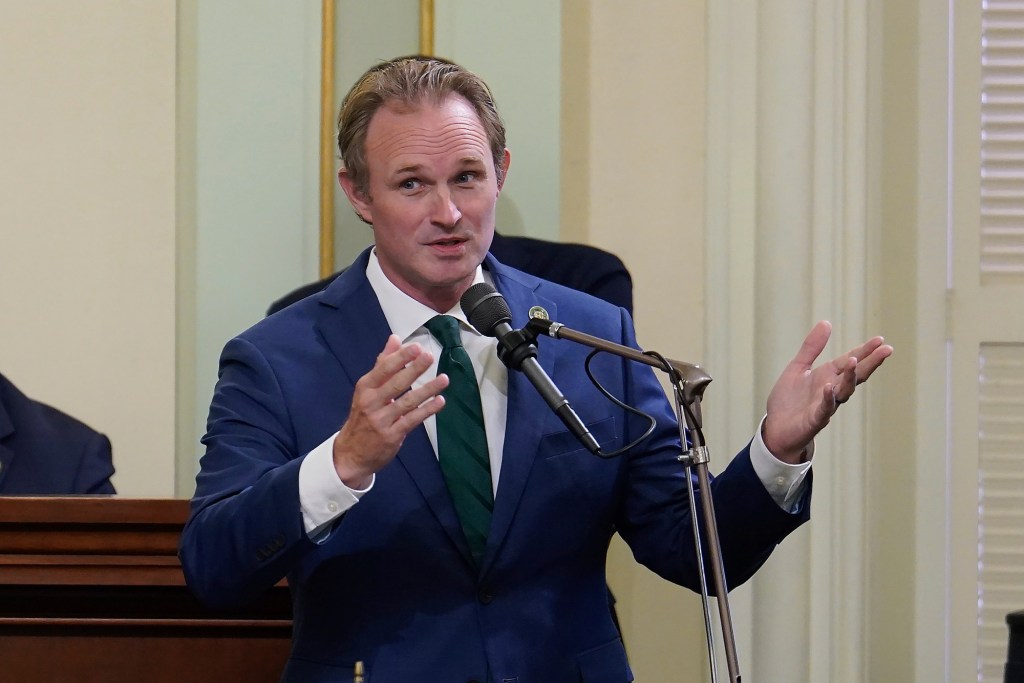
Assembly Republican Leader James Gallagher has generated shock and sniggering from his proposal to break California into two states—a coastal state that includes most of the state’s populous and liberal areas and an inland state that’s mostly rural and conservative. Gallagher lives in a small community in the Sacramento Valley, so it’s clear where his loyalties would lie.
The longshot idea is a response to California Democrats’ initiative plan to redistrict the state in a way that picks up a few more Democratic seats, which is a response to Texas’ plan to do something similar. In a country where lawmakers behave in such a nakedly partisan way, it’s hard to consider Gallagher’s plan any worse.
It’s really a thought experiment. The Democratic Legislature will never approve it, California’s voters are likely to oppose it and Congress offers another hurdle. Nevertheless, this isn’t the first time prominent Californians have talked about a break up. A dozen years ago, a venture capitalist tried to put an initiative on the ballot to create six states out of California.
California is geographically huge. Consider that its largest county, San Bernardino, is larger in area than nine states. Los Angeles County is more populous than 39 states. Obviously, the cultural, economic and political differences between urban Southern California and rural towns hundreds of miles away are enormous. Throughout its history there’ve been 220 attempts at such a thing, including the ill-fated plan to create a state of Jefferson. One can still find Jefferson flags flying in the North State and Southern Oregon.
Gallagher’s idea isn’t going to happen any time soon. As proud Californians, we’re happy that it won’t. But the proposal does point to a serious problem—the voices of rural Californians are typically overwhelmed by those in the state’s massive metropolises. The redistricting proposalmakes that problem worse, as it gerrymanders, say, the conservative North State in with liberal Marin County, just north of the Golden Gate Bridge.
The two-state plan is no serious solution, but maybe it might spur an interesting discussion.



